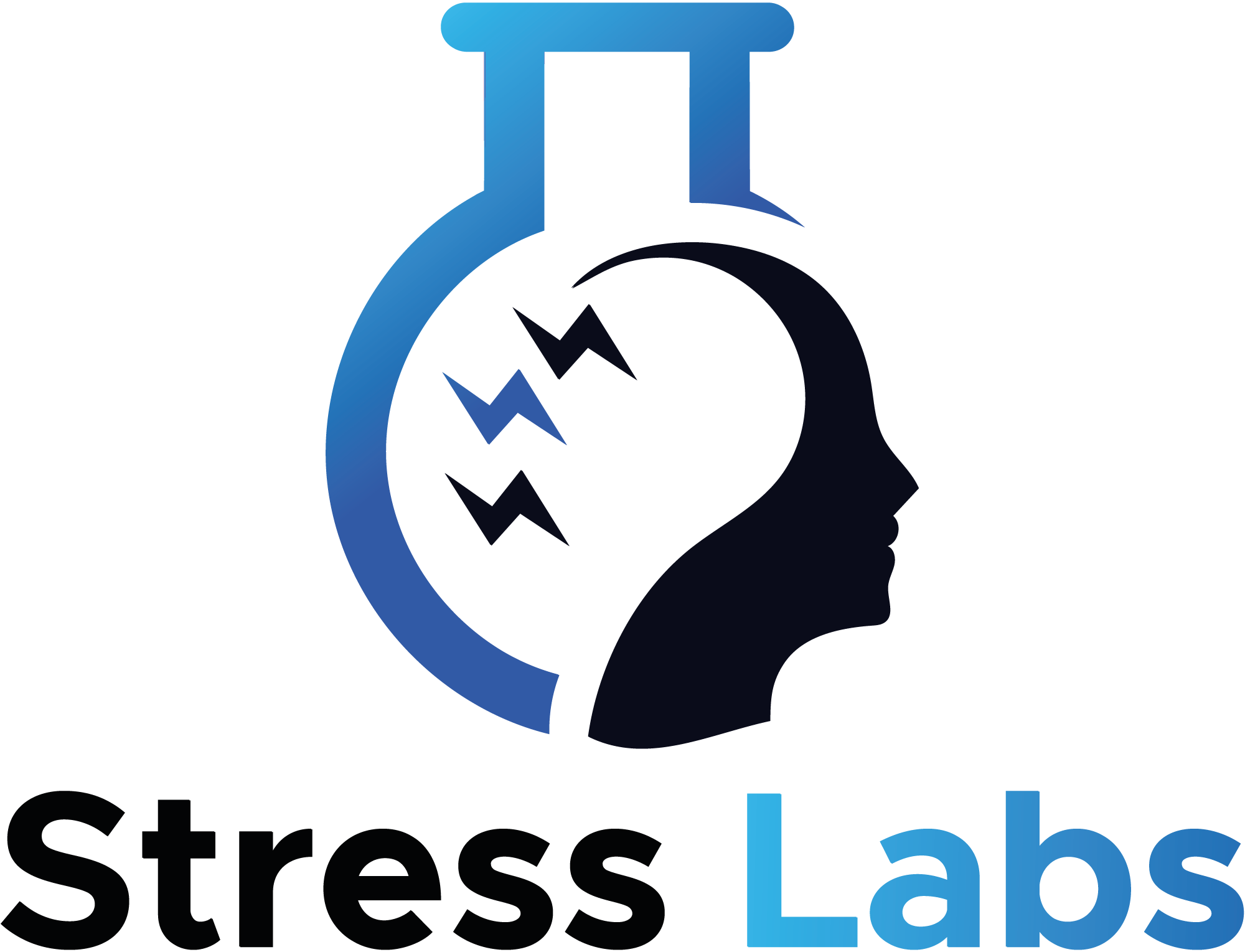When we say we feel stressed, what we are actually experiencing is a series of chemical reactions in our body in an attempt to meet the demands. So what are the chemicals behind stress, and what do they do?
When we experience stress, our bodies release a variety of chemicals that help us to cope with the perceived threat or challenge. These chemicals play a crucial role in the stress response, which is also known as the “fight or flight” response.
One of the key chemicals released during the stress response is adrenaline. Adrenaline is a hormone produced by the adrenal gland and is responsible for activating the body’s fight or flight response. It increases heart rate, blood pressure, and oxygen levels in the body, preparing us to take action in the face of a perceived threat.
Another chemical released during the stress response is cortisol. Cortisol is a hormone produced by the adrenal gland and is responsible for regulating the body’s metabolism, immune system, and stress response. During times of stress, cortisol levels in the body increase, which can affect the body’s ability to fight infection and maintain homeostasis.
In addition to adrenaline and cortisol, other chemicals that are released during the stress response include:
- Norepinephrine: This hormone is produced by the adrenal gland and is responsible for increasing heart rate, blood pressure, and blood sugar levels in the body.
- Epinephrine: This hormone is produced by the adrenal gland and is responsible for activating the body’s fight or flight response. It increases heart rate, blood pressure, and oxygen levels in the body.
- Glucagon: This hormone is produced by the pancreas and is responsible for increasing blood sugar levels in the body.
While the release of these chemicals can be helpful in the short-term, chronic stress can have negative effects on the body. Chronic stress can lead to a range of health problems, including high blood pressure, heart disease, depression, and anxiety. It is important to find ways to manage stress and maintain healthy levels of these chemicals in the body. This can be achieved through relaxation techniques, exercise, and a healthy lifestyle.

